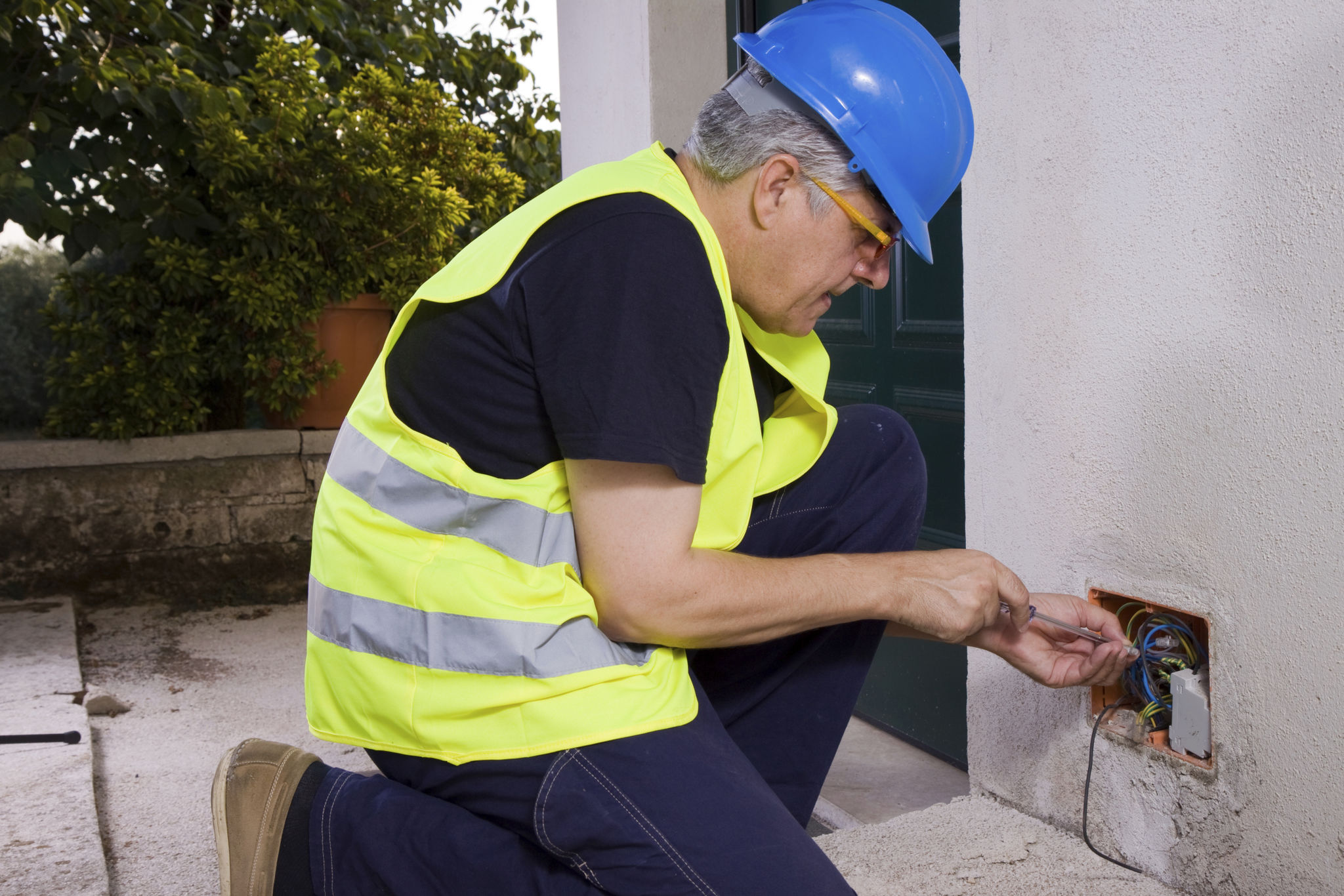Understanding Electrical Regulations: What Australian Homeowners Need to Know
Introduction to Electrical Regulations in Australia
Understanding electrical regulations is crucial for Australian homeowners to ensure safety and compliance. These regulations are designed to prevent electrical hazards and are enforced by various authorities across the country. As a homeowner, being aware of these rules not only protects your family but also enhances the value of your property.
Electrical regulations in Australia are governed by a combination of national and state-specific standards. The primary standard is the Australian/New Zealand Wiring Rules, also known as AS/NZS 3000. This set of guidelines dictates how electrical installations should be carried out in residential properties.

The Role of Licensed Electricians
One of the fundamental aspects of electrical regulations is the requirement to hire licensed electricians for any electrical work. Whether you are installing new wiring or simply replacing a light fixture, it is essential that a qualified professional handles the job. This ensures that all work complies with safety standards and reduces the risk of accidents.
Licensed electricians are trained to understand complex electrical systems and can identify potential hazards that may not be apparent to the untrained eye. By employing a licensed professional, homeowners can have peace of mind knowing that their electrical installations are safe and compliant.

Understanding Compliance Certificates
After any electrical work is completed, it is important to obtain a compliance certificate. This document verifies that the work has been carried out according to the required standards. Homeowners should ensure they receive this certificate as it is an essential record for future reference, especially if you plan to sell your property.
Compliance certificates are not only crucial for legal purposes but also serve as proof that the electrical work in your home meets current safety requirements. Keeping this documentation can help avoid potential issues with insurance claims or property sales down the line.
Common Electrical Hazards and How to Avoid Them
Electrical hazards can pose significant risks to homeowners, ranging from electrical fires to electrocution. Some common hazards include faulty wiring, overloaded circuits, and outdated electrical panels.
- Faulty Wiring: Regular inspections by a licensed electrician can help identify and rectify any wiring issues before they become dangerous.
- Overloaded Circuits: Avoid plugging too many appliances into one outlet, as this can cause circuits to overheat and potentially start a fire.
- Outdated Panels: Upgrading old electrical panels ensures they can handle modern energy demands safely.

The Importance of Regular Electrical Inspections
Regular electrical inspections are an essential part of maintaining a safe home environment. These inspections can identify potential issues before they become serious problems, allowing for timely repairs and upgrades.
During an inspection, an electrician will assess the condition of your wiring, outlets, and electrical panels. They will also check for compliance with current regulations, ensuring that your home meets all necessary safety standards.
Conclusion
Understanding and adhering to electrical regulations is vital for every Australian homeowner. By hiring licensed electricians, obtaining compliance certificates, and conducting regular inspections, you can ensure that your home remains safe and compliant with current standards.
Taking the time to familiarize yourself with these regulations not only protects your property but also provides peace of mind knowing that your home is a safe place for your family and visitors.
